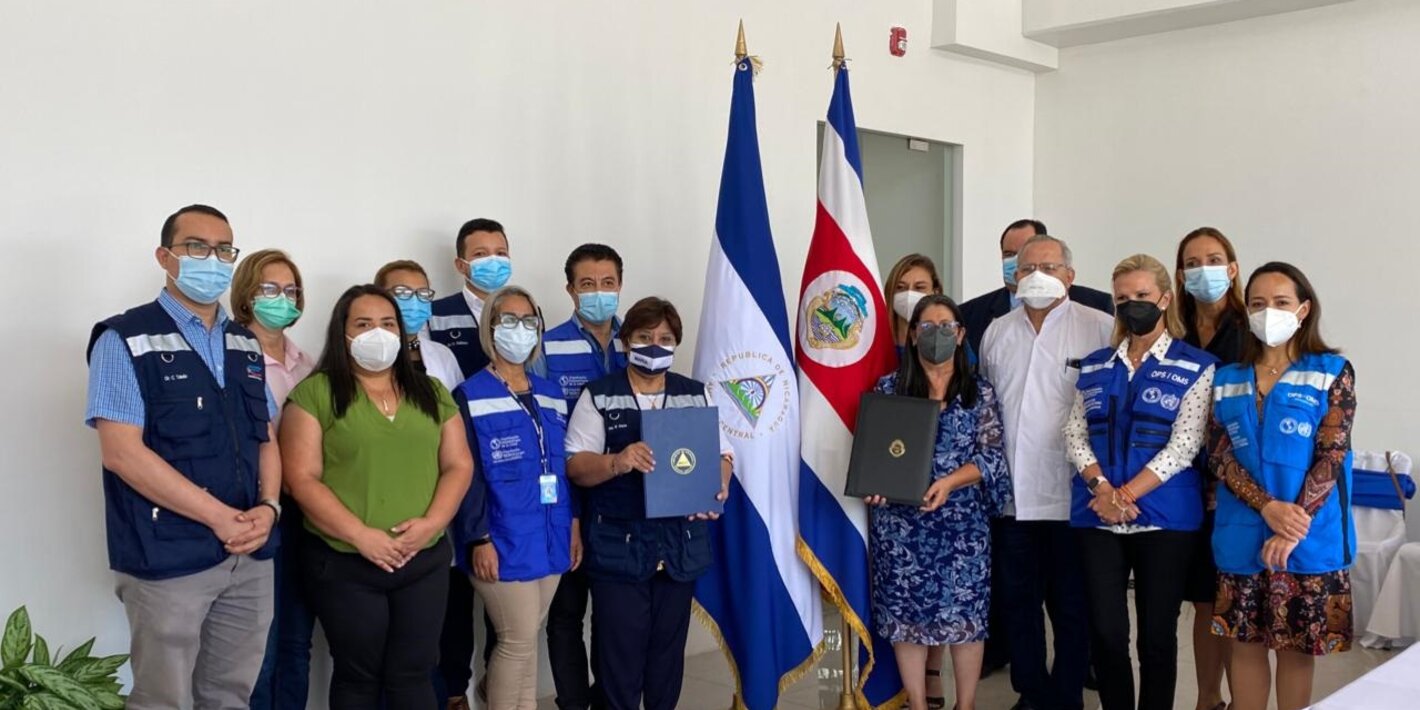RIO DE JANEIRO, BRAZIL – Health authorities of Nicaragua and Honduras signed an agreement to implement joint surveillance, control, and care actions between both borders to eliminate malaria, based on Central American community law, informed this Wednesday the Government of Managua.
Among the general aspects of the agreement is the complementarity in the attention of cases at border points, ensuring the existence of antimalarial treatments and Rapid Diagnostic Tests (RDT), said the Nicaraguan Government, through the Ministry of Health, in a statement
Read also: Check out our coverage on Honduras
The agreement also contemplates integrating the Community Network for Prevention and Communication of cases in communities that are difficult to access or where there is no nearby presence of health personnel, mainly, according to the information.
The Nicaraguan Minister of Health, Martha Reyes, said that with the agreement they seek to eliminate malaria and protect the population, especially in the area where it is most affected. In this sense, she said they would work “in an integral way with the community network”.
From the Honduran Ministry of Health, Alba Consuelo Flores said that they are joining efforts “to attack a common enemy of both nations, linking, articulating efforts and uniting all the strategies we have, we are going to achieve positive results”.
MALARIA AFFECTS THE NORTHERN CARIBBEAN OF NICARAGUA
In the case of Nicaragua, malaria is established in the Northern Caribbean, bordering Honduras.
Until August 2020, malaria cases in Nicaragua increased by 157 %, compared to the same period in 2019, according to figures from the Ministry of Health.
During the last decade, 84,221 Nicaraguans have fallen ill with malaria, an epidemic that the Ministry of Health planned to eradicate by 2020.
Nicaragua is the country with the second-highest incidence of malaria in Latin America, only surpassed by Venezuela, according to data published by the WHO in November 2020.
The Department of Communicable Diseases and Environmental Determinants of Health of the Pan American Health Organization (PAHO), Marcos Espinal, has expressed his concern about the resurgence of malaria cases in Nicaragua, mainly in Bilwi or Puerta Cabezas, in the northern Caribbean region of the country.
Malaria, or malaria, is a disease transmitted by the bite of mosquitoes of the Anopheles genus. According to the World Health Organization (WHO), 2018 caused the death of some 405,000 people globally, most of them children under five years of age.
Malaria is an endemic disease in Africa, Central America, South America, and the Caribbean.
PAHO has recommended Nicaragua and other Latin American countries not lower their guard against vector-borne diseases such as dengue, leptospirosis, and malaria, which tend to appear with the rains.
The wet season in Nicaragua runs from May to November, and the Northern Caribbean Autonomous Region (RACN) is one of the areas most affected by flooding.


